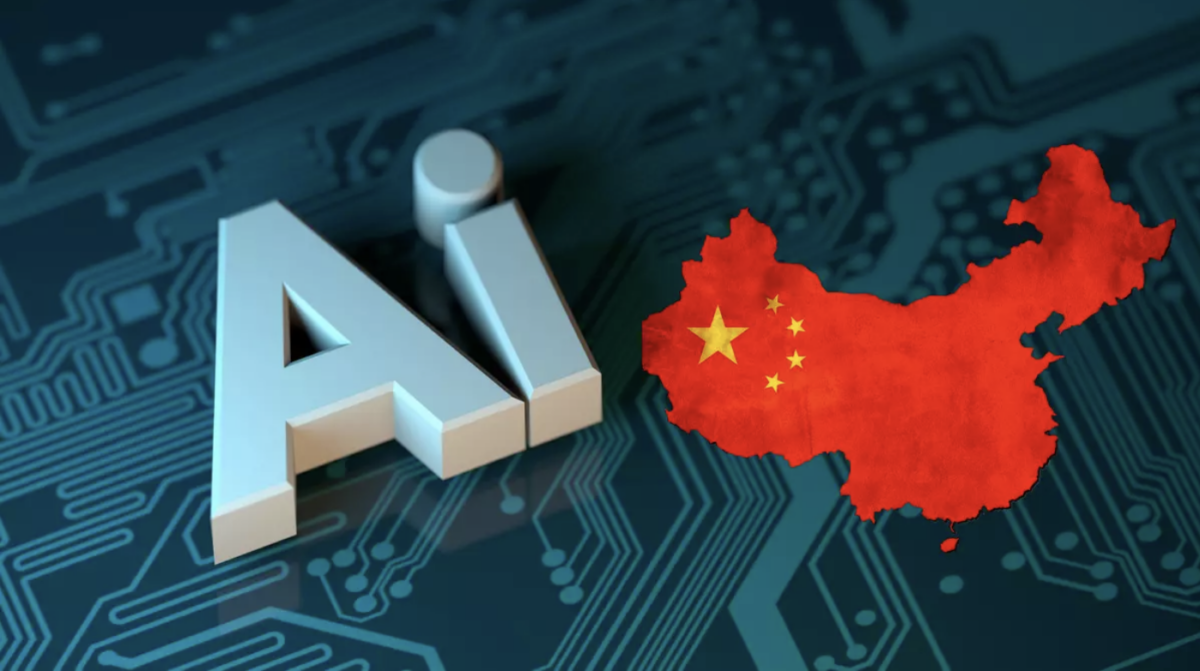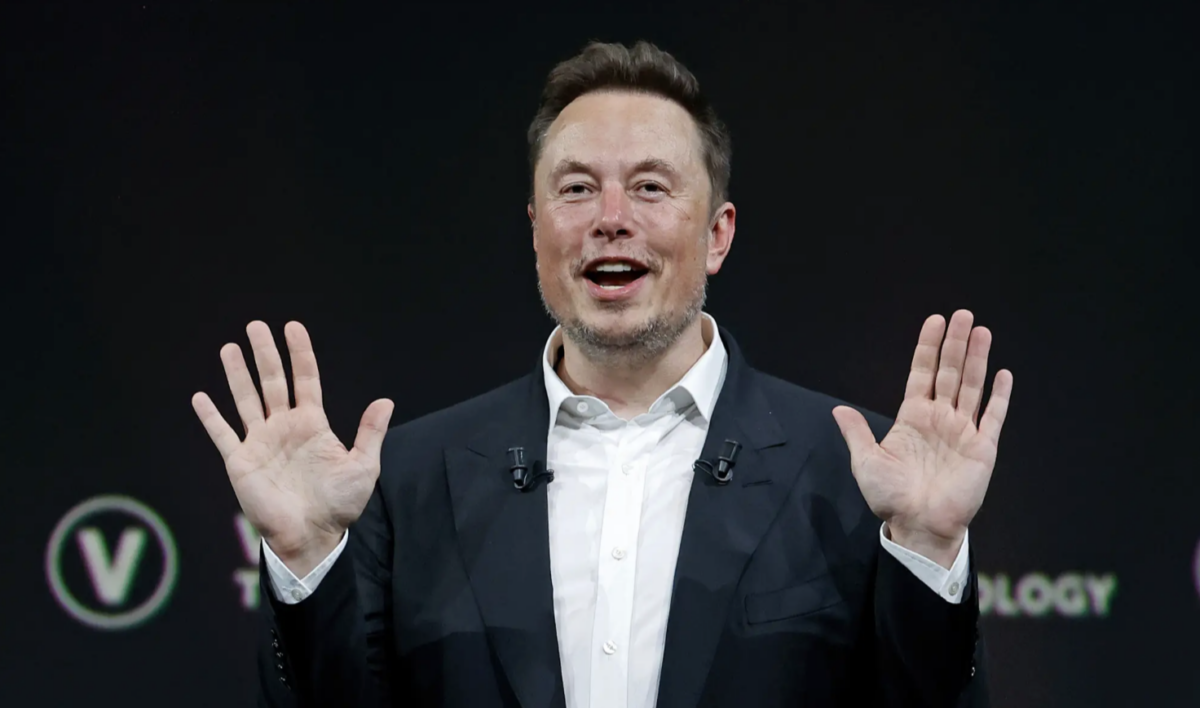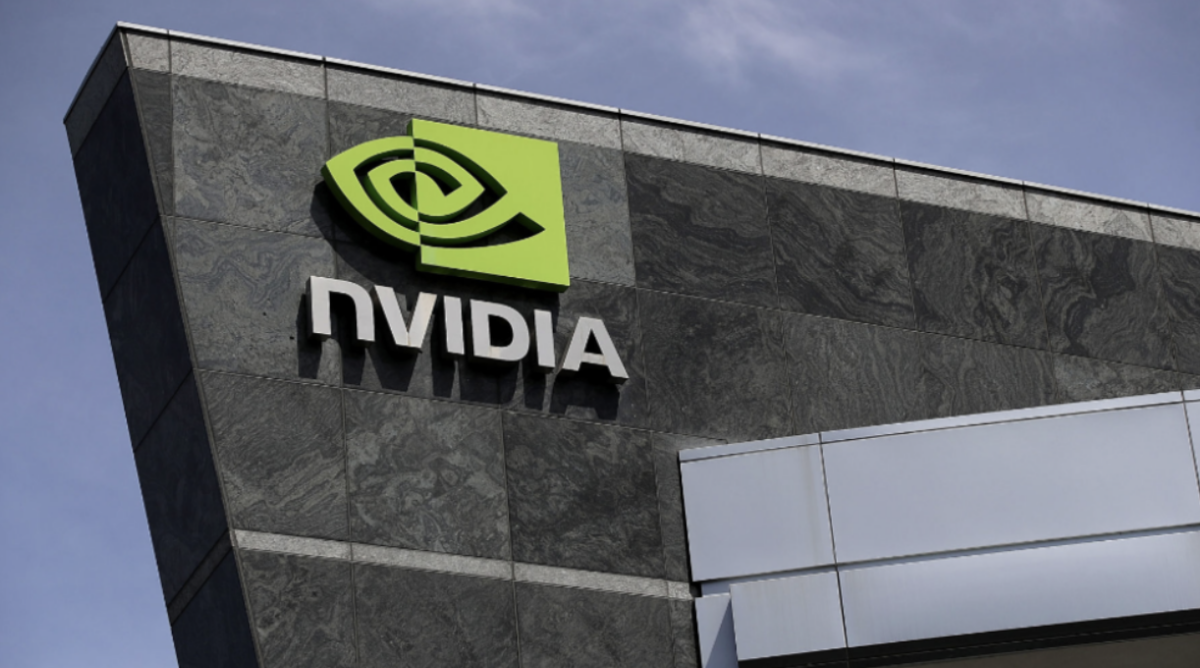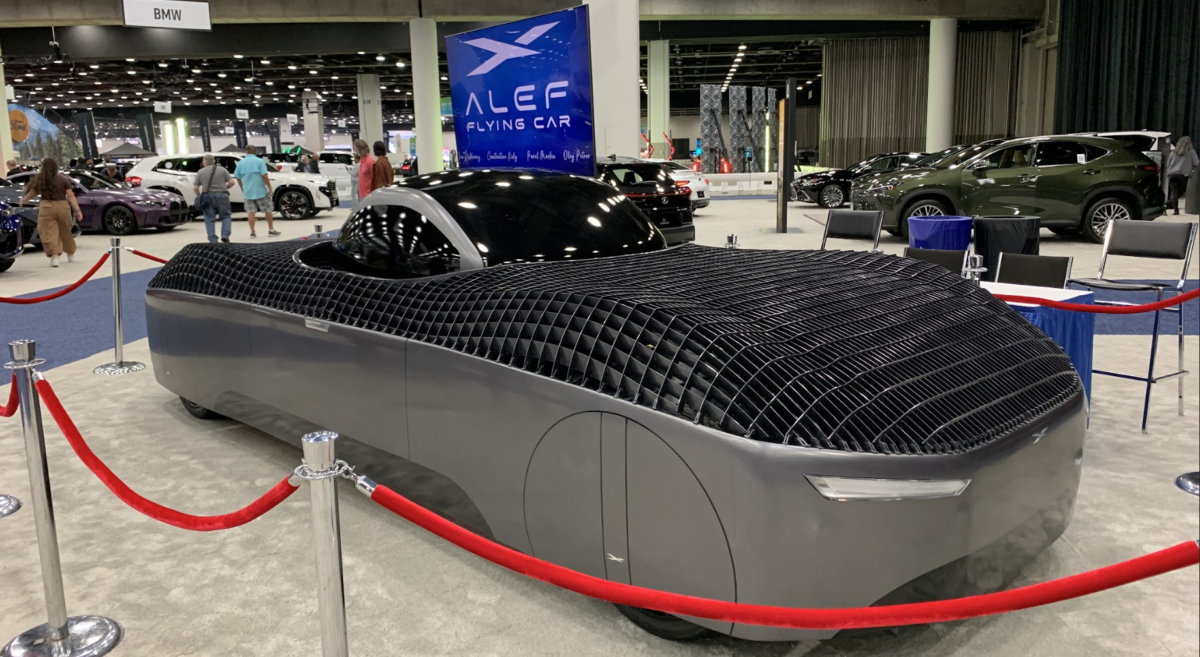China is offering cash money for small AI start-ups
China implements support for AI startups amid global chip shortages. The initiative spans 17 cities, offering cloud computing incentives worth $140,000 to $280,000, easing access to crucial infrastructure like data centers. This move responds to US restrictions causing chip deficits. Reports suggest China resorts to stockpiling and black market acquisitions. Additional plans involve subsidizing AI firms utilizing domestic chips to reduce reliance on foreign suppliers.

Chinese researchers are trying to turn AI into scientists
Chinese researchers aim to create “real AI scientists” by training machine learning models to improve experiments and solve scientific problems. Deep learning models, like Sora by OpenAI, excel at understanding vast data but struggle with physical laws like gravity. To bridge this gap, researchers propose “informed machine learning” models that incorporate prior knowledge alongside data. They developed a framework to evaluate rule importance, enhancing models’ predictive capability. While promising for scientific models, challenges persist in balancing data and knowledge.

Alibaba finances new AI start-up MiniMax
Alibaba Group Holding leads a new funding round for Chinese AI startup MiniMax, aiming to value the company at over $2 billion. MiniMax, founded in 2021, seeks to raise at least $600 million, with Tencent and miHoYo are among its investors. If confirmed, the deal would mark Alibaba’s second major AI startup investment in 2024 after leading a funding round for Moonshot AI. Alibaba previously have also backed Zhipu AI and Baichuan.

Google and Microsoft under scrutiny over AI mishap
Both Microsoft and Google found themselves under scrutiny for their artificial intelligence tools’ questionable outputs last week. Microsoft’s Copilot AI is undergoing modifications after generating controversial content. Meanwhile, Google’s Gemini AI engine faces backlash for producing racially insensitive images and biased responses. Google’s CEO acknowledged the missteps, emphasizing the company’s commitment to rectifying the situation. These incidents underscore the challenges of AI development and the necessity for rigorous testing and oversight.

Elon Musk is suing OpenAI
Elon Musk escalates his feud with OpenAI, suing the company and CEO Sam Altman for veering away from their nonprofit origins and into profit-driven AI development with Microsoft. Musk alleges a betrayal of OpenAI’s mission, aiming for public access to AI technologies. Despite legal hurdles, Musk seeks transparency on OpenAI’s internal decisions. Meanwhile, OpenAI faces scrutiny over its shift to a for-profit model and its ties with Microsoft. The legal battle promises insight into AI ethics and corporate influence in tech development.

Nvidia is getting sued by authors over copyright infringement
Nvidia faces a lawsuit from authors Brian Keene, Abdi Nazemian, and Stewart O’Nan, alleging unauthorized use of their copyrighted books to train its NeMo AI platform. The authors claim Nvidia infringed their copyrights by training NeMo on a dataset that included their works. The lawsuit reflects a broader trend of writers litigating against AI technology companies over copyright infringement.

Flying car producer receives record number of online preorders
Alef Aeronautics, supported by venture capitalist Tim Draper, secures 2,850 preorders for its electric vertical takeoff and landing (eVTOL) vehicle, priced at $300,000 each. The two-seater flying car, Alef Model A, received the orders online with a $150 deposit. CEO Jim Dukhovny touts it as the “bestselling aircraft in history,” emphasizing its unique design resembling a regular car. Despite regulatory hurdles, Alef plans a 2025 launch and aims for FAA approval.













